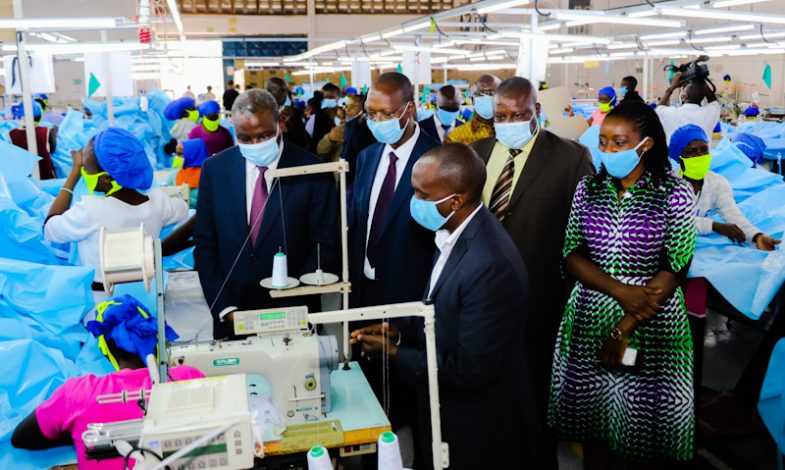The Covid-19 pandemic had wiped out 1.7 million jobs in Kenya the first three months since the first case was announced in 2020 according to the Kenya National Bureau of Statistics (KNBS).
A survey by the Kenya Private Sector Alliance (KEPSA) conducted between September and October found out that at least 3.1 million workers in the sector lost their jobs.
On the other hand, the Federation of Kenya Employers (FKE) corroborated KNBS data indicating that the jobs lost were from 604 firms.
KNBS data found out that about 15,547 workers of aged between 55 and 59 years lost jobs in the three months through September when firms hired 29,196 persons aged 50 and 54 and 14,073 workers above the retirement age of 60.
The International Labour Organization (ILO) estimated that the impact of huge job losses worldwide is creating a fiscal gap that threatens to increase inequality between richer and poorer countries.
The ILO estimated that global labour income declined by 10.7 per cent, or $3.5 trillion, in the first three quarters of 2020, compared with the same period in 2019, excluding government income support.
For instance, the World Bank’s Economic Update, Navigating the Pandemic report, the unemployment rate increased from 5 per cent in the last quarter of 2019 to 21 per cent at the beginning of June 2020.
Most businesses that permanently closed are in the wholesale and retail trade sector (38 per cent), education (36 per cent), and other services (15 per cent). In both the industry and service sectors, the majority of closures were due to government mandates (41 per cent and 13 per cent respectively.
The report says the pandemic moved many adult Kenyans outside the labour force, with the labour force participation rate decreasing from 75 per cent in the last quarter of 2019 to 61 per cent from mid-May to early July.
The job losses were as a result of the closure of all restaurants, bars and hotels nationwide along with other non-essential stores.
Consequently, lockdown restrictions imposed on the onset of the pandemic led to subdued business performance throughout the year.
Within the Sub-Saharan Africa region, 60 per cent of formal sector workers reported income falls, but 88 per cent of informal sector workers reporting reduced earnings according to a GeoPoll survey conducted between June to July 2020.
The International Labour Organisation estimates that the informal sector accounts for over 80 per cent of the workforce in sub-Saharan Africa.
“The closure of borders, restrictions on movements, and suspended education and hospitality sectors has wrought financial havoc across the African nations studied, with those in informal employment being hardest hit,” said Roxana Elliott, VP Marketing & Content, GeoPoll.
The report further noted that 30 per cent of the respondents would be covering most of their expenses (next month) through borrowing, and 28 per cent by using savings. Moreover, during the pandemic, almost half of all respondents had taken an extra loan to help cover household expenses.
However, in the three months to September, at least 1.8 million jobs were created after the easing of some restrictions that had been imposed according to KNBS.
In the period, the number of people in employment had increased to 17.67 million in September, up from 15.87 million in the quarter to March.
“Rising output and order book volumes led companies to raise their staffing levels at the start of the fourth quarter, ending a seven-month sequence of job cuts. The rate of job creation was the strongest in 11 months,” analysts at Stanbic Bank and UK’s Markit wrote in the PMI report.






1 Comment
Pingback: Covid-19 Impact: Reopening Coronavirus Stressed Kenyan Economy